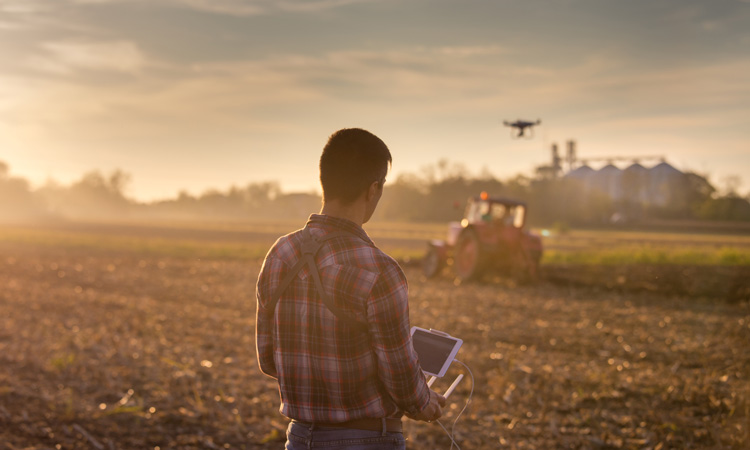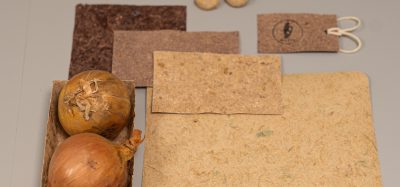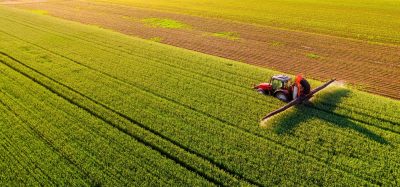Innovation needed in agriculture to respond to climate change, says FAO
- Like
- Digg
- Del
- Tumblr
- VKontakte
- Buffer
- Love This
- Odnoklassniki
- Meneame
- Blogger
- Amazon
- Yahoo Mail
- Gmail
- AOL
- Newsvine
- HackerNews
- Evernote
- MySpace
- Mail.ru
- Viadeo
- Line
- Comments
- Yummly
- SMS
- Viber
- Telegram
- Subscribe
- Skype
- Facebook Messenger
- Kakao
- LiveJournal
- Yammer
- Edgar
- Fintel
- Mix
- Instapaper
- Copy Link
Posted: 11 December 2019 | Sam Mehmet (New Food) | No comments yet
Speaking at COP25 in Madrid, FAO Director-General, Qu Dongyu, said that innovation in agriculture is vital to managing the challenges presented by climate change and increasing productivity.


The Food and Agriculture Organization of the United Nations (FAO) Director-General, Qu Dongyu, said that innovation is vital to build resilience and competitiveness in agriculture in order to meet the urgent challenges presented by climate change.
The Director-General was speaking at the tenth Annual Sustainable Innovation Forum at the COP25 climate summit in Madrid. He said global food systems had to greatly increase productivity and feed a growing population without jeopardising our natural resources and ecosystems.
“Innovative solutions to climate change challenges are more vital than ever – they are the key multiplier to transformation,” Qu said.
He said Climate-Smart Agriculture (CSA), an FAO initiative, was helping to transform agricultural systems and meet the challenge presented by the current climate emergency.
CSA aims to increase agricultural productivity and incomes, build resilience and adapt to climate change, and where possible, reduce or remove greenhouse gas emissions.
Qu said innovative solutions can help to optimise CSA for the world’s most vulnerable people. He said the use of drones and advanced image data analytics can enable the early identification of pests and diseases, while early warning systems offer information to farmers via their mobile phones that can advise them on when to plant or sell their livestock.
“This reduces their risks and losses and boosts food and livelihood security,” Qu explained.
The Director-General said FAO had developed an early warning and monitoring system to control the spread of the crop-eating pest, Fall Armyworm, and a sterile insect technique to eradicate the Mediterranean fruit fly in the Dominican Republic.
He also cited FAO’s work in developing hydroponics in arid environments such as the West Bank and the Gaza Strip, and promoting more inclusive agricultural supply chains that increased the income of coffee growers in Ethiopia.
Qu emphasised that FAO intends to accelerate its activities to meet the UN Sustainable Development Goals through the Hand-in-Hand Initiative, which he said is a unique opportunity to create partnerships between donors and recipients across the public and private sectors, and through a new Office for Innovation, which the Director-General has created.
Related topics
Related organisations
Food and Agricultural Organization of the United Nations (FAO)








